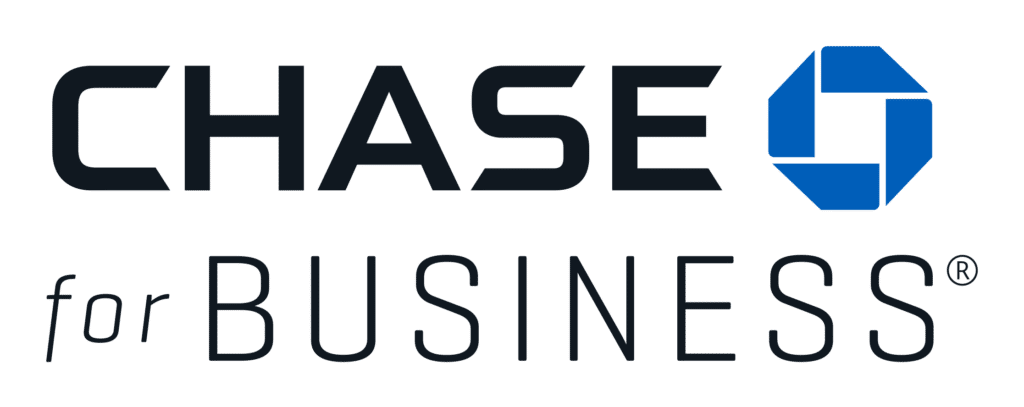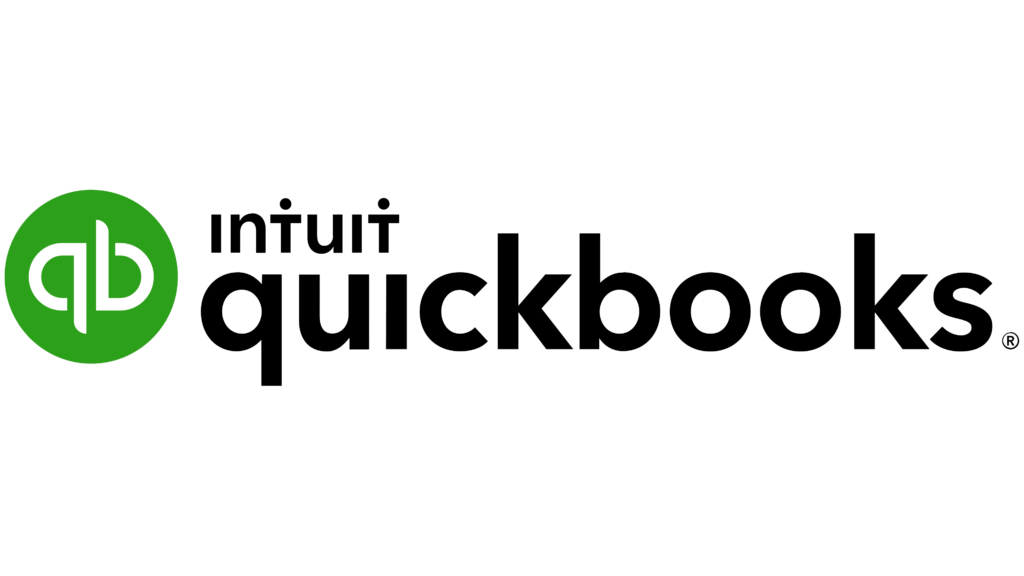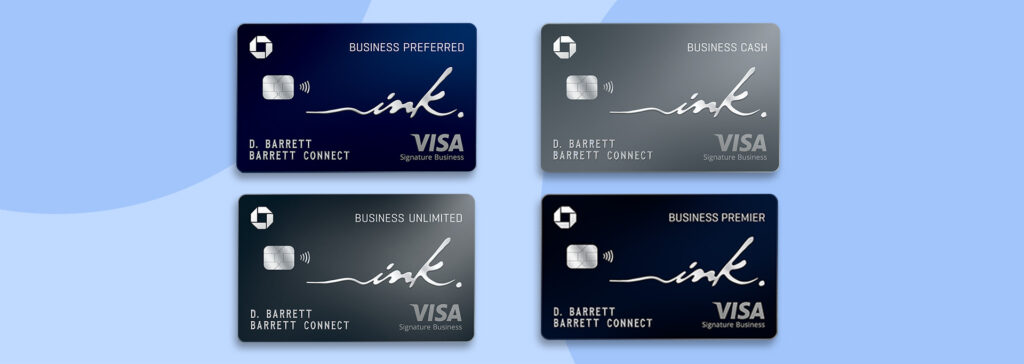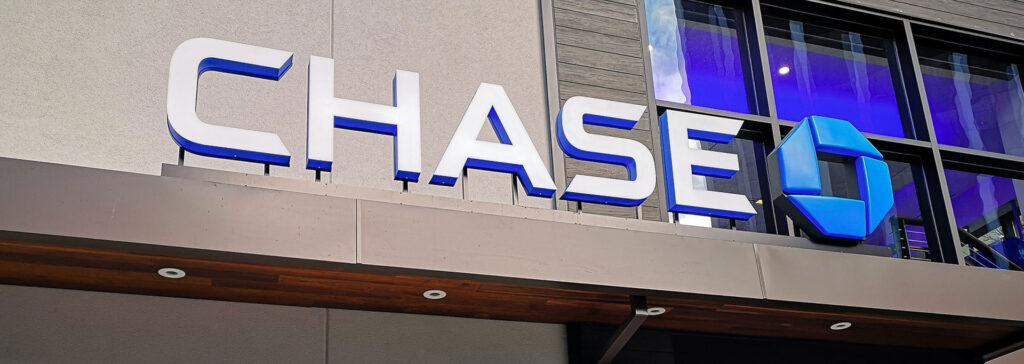Most products on this page are from partners who may compensate us. This may influence which products we write about and where and how they appear on the page. However, opinions expressed here are the author's alone, not those of any bank, credit card issuer, airline or hotel chain. This page may include information about American Express products currently unavailable on Slickdeals. American Express is not a partner of Slickdeals.
Opening a business checking account is an esse
Yet, even if you recognize the need to open a dedicated bank account for your business, you still have anothe
Just as you should compa
To help you get started, here are six things you should evaluate when choosing a business checking account.
Recommended Business Checking Accounts
Chase Business Complete Checking®
- Our Rating 5/5 How our ratings work
- APYN/A
- Minimum
Deposit RequiredN/A -
Intro Bonus
$300-$500Expires May 14, 2026
Earn up to $500 when you open a new Chase Business Complete Checking® account. For new Chase business checking customers with qualifying activities.
The Chase Business Complete Checking® account is an attractive option. It offers the convenience of one of the largest financial institutions in the country, and it frequently offers bonuses that are relatively easy to earn. While it does not allow you to accrue interest on your funds like some other popular small business checking accounts, it's still very much worth considering if you can meet the requirements to waive its monthly fees.
Overview
The Chase Business Complete Checking® account comes loaded with a valuable sign-up bonus and an assortment of helpful perks, so long as you can meet the requirements to waive its monthly fees. It’s a good fit for many business checking customers, regardless of business size.
Pros
- Generous signup bonus
- Several options to waive monthly fee
- Same-day deposits using QuickAccept℠ service
- Huge network of in-person branches and ATMs
Cons
- Monthly maintenance fee
- Overdraft fees are relatively high
- Limit on fee-free cash deposits and physical transactions
U.S. Bank Business Essentials Account
- Our Rating 4.5/5 How our ratings work
- APYN/A
- Minimum
Deposit Required$100 -
Intro Bonus
$400Expires March 31, 2026
Earn a $400 bonus when you open a U.S. Bank Business Essentials Account or $1,200 when you open a Platinum Business Checking Account online with promo code Q1AFL26 and complete qualifying activities, subject to certain terms and limitations. Offer valid through March 31, 2026. Member FDIC.
We appreciate that the U.S. Bank Business Essentials Account includes a free mobile card reader and unlimited digital transactions. Plus, the welcome bonus it offers new customers is undeniably generous. This account can help streamline many common business banking considerations, and its lack of software or maintenance fees helps keep it accessible to the average business owner.
Overview
The U.S. Bank Business Essentials account offers a valuable checking account coupled with payment acceptance tools, allowing for convenient, end-to-end management of your funds. This account offers unlimited digital transactions, as well as 25 free teller and paper transactions per statement cycle. Plus, it also comes with a free mobile card reader, with the option to purchase additional card readers or rent handheld payment processor terminals.
Pros
- Strong welcome offer
- No monthly maintenance fee
- Robust online banking options
Cons
- Account not available nationwide
1. Online Banks vs. Traditional Banks
One of the first details to consider when shopping for a business checking account is whether you want to wor
Explore the Best Business Checking Accounts
Visit the Marketplace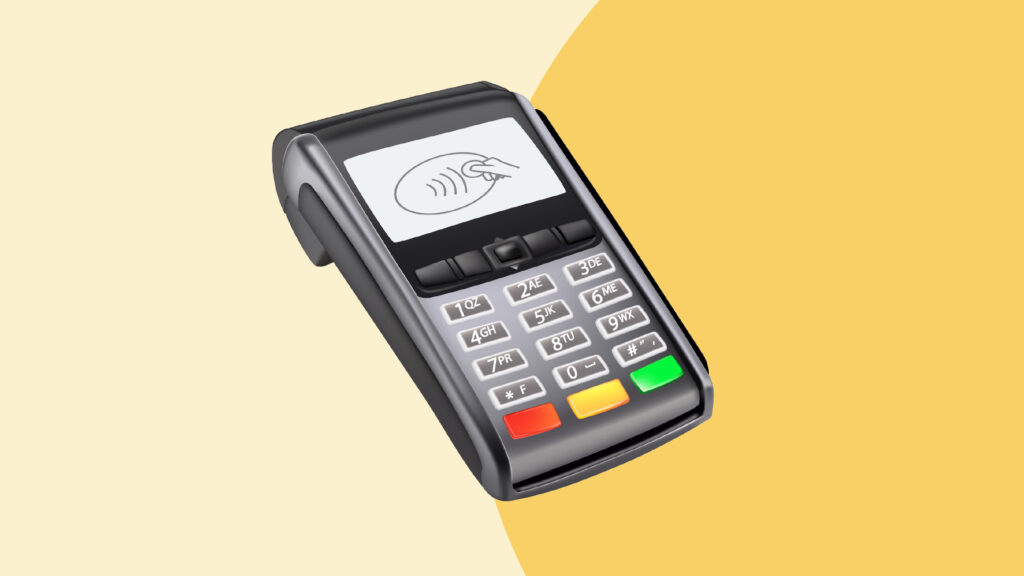
2. Interest Rates
Once you decide the type of bank that makes the most sense for your company, you may be ready to start comparing small business checking accounts. One of the first details you’ll want to consider wh
When you find a bank that offers your company a higher APY, it means the ca
3. Fees
Not only should you pay attention to the interest rates banks pay out when you’re shopping for a new small business checking account, it’s also wis
- Mini
mum Balance Fees - Dir
ect Deposit F ees - A
TM Fe es - Ov
erdraft Fe es - Wir
e Transfer F ees - Ch
eck Fe es - De
bit Card Fe es - Ca
sh De posit Fees - Tra
nsaction Limit F ees
The most attractive small business bank accounts are those that limit the fees charged to customers. Online banks tend
It’s also worth noting that payin
4. Account Features
The account features that different banks offer can also ma
Below are some common bank account features that have the potential to make operating your business a little easier.
- D
ebit Card Ac cess - Che
ck Wr iting - Wir
e Transfer Ser vices - Bi
ll Pay Capa bility - On
line and Mobile B anking - Busine
ss Financing Services (e.g., Business Loans, Business Line of Credit, Business Credit Cards, etc.) - Merc
hant Account Se rvices
Best Business Credit Cards
Visit the Marketplace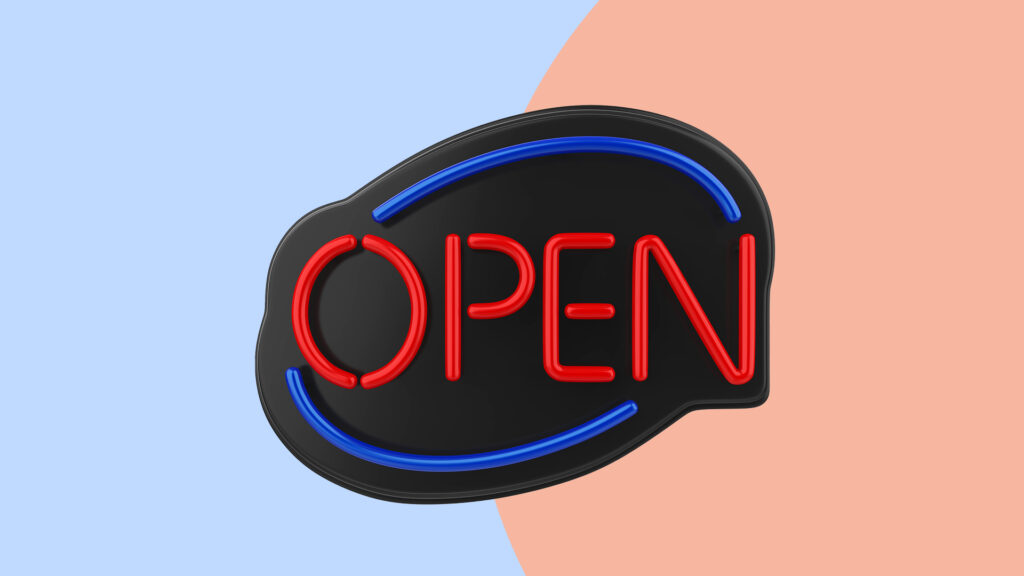
5. Bank Account Bonuses and Promotions
Some finan
To earn a bank account bonus, you typically must ope
If you’re interested in earning a business bank account bonus, be sure to re
6. Software Integration
Once you set up small business banking, you may
QuickBooks® Online
- Our Rating 5/5 How our ratings work
Quickbooks Online has been a leading name in accounting software for decades. It offers a wide variety of features designed to meet the needs of both large and small businesses. While new users may experience some difficulty with learning how to use Quickbooks, we were impressed with the level of customer support offered. With Quickbooks Online, it's easy to scale your bookkeeping as your business grows, since it offers tiered packages for companies of all sizes.
Overview
Quickbooks online offers five different plans that target businesses of all sizes, including a plan tier that’s specifically designed for self-employed individuals. On a basic level, Quickbooks allows you to track your income and expenses, create invoices and collect payments, take advantage of tax deductions, store receipts and more. If you’re a larger business with more complex needs, Quickbooks offers premium tiers that include more authorized users and features like bill management, profitability projections and employee expense management.
Pros
- Robust, comprehensive feature set
- Access to assistance, from guided setup to ongoing support
- Access to Intuit's virtual bookkeeping service for an additional fee
- Easy integration with other business software, tools and accounts
Cons
- Plans are relatively expensive compared to competitors; in some cases, freelancers and independent contractors can get by with free alternatives
- Limited account users for lower-tier plans; only the highest tier plan allows for more than 5 users
- Steep learning curve; new users may need some time to learn all the tips and tricks
So

8 Steps to Help You Start a Small Business
Next Steps
Once you’re confident you’ve found the right small business checking account to serve your company’s needs, you’re ready to apply for your new account. You’ll want to gather your basi
The good news is that even if you’re a first-time entrepreneur, opening a business bank account sho


